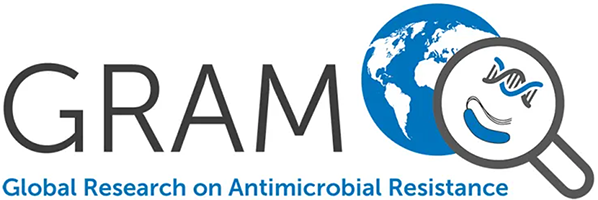Defining CD8+ T cell determinants during human viral infection in populations of Asian ethnicity.
Rivino L., Tan AT., Chia A., Kumaran EAP., Grotenbreg GM., MacAry PA., Bertoletti A.
The identification of virus-specific CD8(+) T cell determinants is a fundamental requirement for our understanding of viral disease pathogenesis. T cell epitope mapping strategies increasingly rely on algorithms that predict the binding of peptides to MHC molecules. There is, however, little information on the reliability of predictive algorithms in the context of human populations, in particular, for those expressing HLA class I molecules for which there are limited experimental data available. In this study, we evaluate the ability of NetMHCpan to predict antiviral CD8(+) T cell epitopes that we identified with a traditional approach in patients of Asian ethnicity infected with Dengue virus, hepatitis B virus, or severe acute respiratory syndrome coronavirus. We experimentally demonstrate that the predictive power of algorithms defining peptide-MHC interaction directly correlates with the amount of training data on which the predictive algorithm has been constructed. These results highlight the limited applicability of the NetMHCpan algorithm for populations expressing HLA molecules for which there are little or no experimental binding data, such as those of Asian ethnicity.

